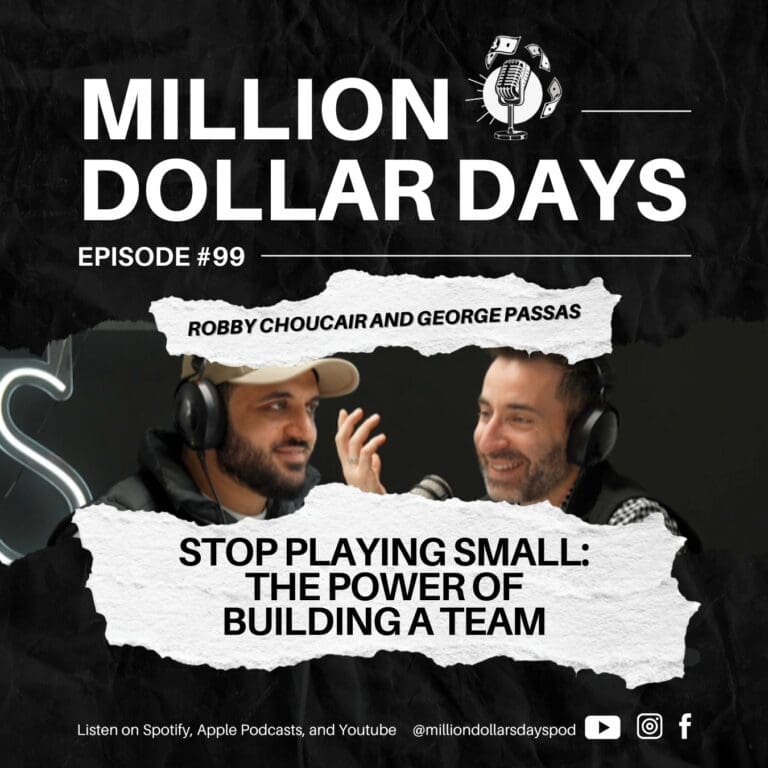The Ultimate Guide to Building a High-Performance Team
Every successful entrepreneur reaches a crossroads where they must transition from doing everything themselves to building a team. As discussed in our recent podcast episode, “I don’t care how good you are, you will never beat a team of people as an individual.” This fundamental truth is often what separates businesses that scale from those that remain small forever.
Many business owners struggle with hiring their first employee. They see the salary—$60,000, $80,000, or $100,000—and immediately think, “Where am I going to get that money from?” This hesitation reveals a scarcity mindset that keeps entrepreneurs playing small. The reality is that your time is limited, and without a team, your business will always be capped by what you personally can accomplish in a day.
The distinction between high performers and average employees is crucial to understand. A high performer isn’t just someone who works hard—it’s someone who delivers results consistently. While attitude matters for team cohesion, what ultimately defines high performance is measurable output. As noted in our discussion, someone can be a high performer despite having a challenging attitude (think Steve Jobs or Elon Musk), though this isn’t sustainable in most business contexts.
When evaluating potential team members, look for clear markers of high performance: financial results, program results (time management), relationship results with stakeholders, and peer-to-peer interactions. High performers take responsibility, show consistency, and don’t require micromanagement. They possess a drive to improve continuously and bring value that exceeds their compensation.
The hiring process deserves significant attention. Start by clearly defining the role and what problem you’re solving by filling it. Screen candidates not just for experience but for consistency in their employment history. Conduct thorough interviews and—crucially—check references personally rather than just accepting the references candidates provide. A revealing technique is to ask candidates to arrange a call with their previous supervisor; those who hesitate may be hiding something.
Remember this fundamental business truth: “A bad employee will cost you money. A good employee will cost you nothing. And an excellent employee will make you five to seven times their wage.” With this perspective, hiring becomes an investment rather than an expense.
For those just starting with team building, consider beginning with a virtual assistant (VA). Even part-time help can free up significant time that you can reinvest in growing your business. As you become comfortable delegating, you can gradually expand your team.
The key to maintaining a high-performance team is setting clear expectations and having consistent feedback mechanisms. Ask team members what they want from the business—whether it’s more money, flexible hours, or professional development—and create performance-based paths to achieve these goals. This isn’t friendship-based; it’s performance-based, and everyone needs to understand that.
Building a team forces you to level up as a business owner. Your standards rise because you have payroll to meet, and you transition from being a practitioner to a true business owner focused on growth, marketing, and strategy. This shift is essential for scaling beyond the limitations of a solo operation.
The most successful entrepreneurs don’t hire the cheapest people they can find—they hire the best people they can afford. As one podcast guest eloquently put it, “I want to pay someone to make me feel dumb.” That mindset—seeking team members who exceed your capabilities in specific areas—is the hallmark of a business poised for substantial growth.
